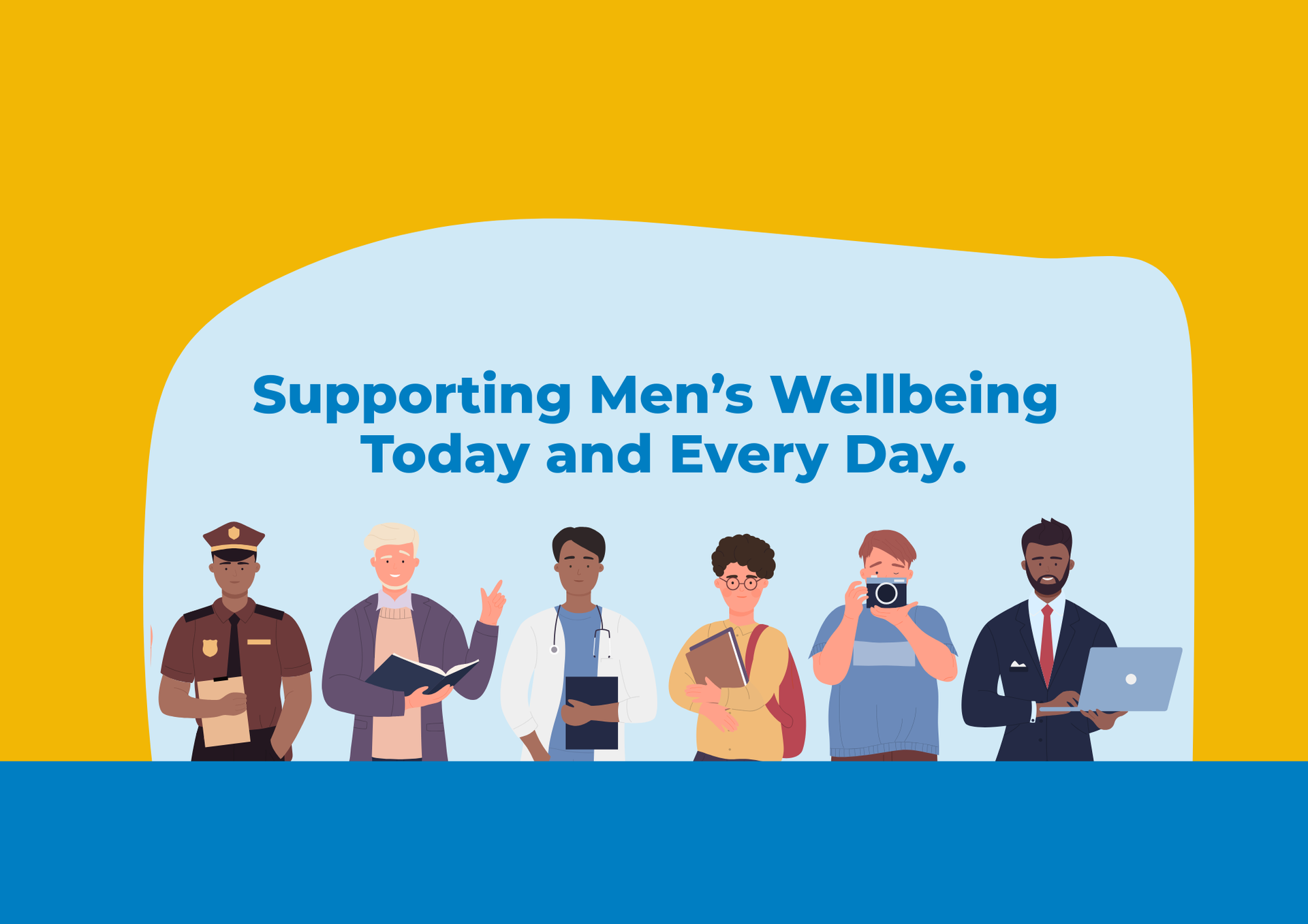Understanding Seasonal Affective Disorder (SAD)
March 29, 2024
When the days become shorter and the nights longer and you find yourself sleeping more than usual but still feeling the tiredness in your body; the lack of energy to carry out your usual activities. It all comes down to Seasonal Affective Disorder (most commonly known as SAD).
35% of Australians experience depression during the winter months. Compared to other mental health disorders, SAD is harder to diagnose. It might take you two years of experiencing the same symptoms during a specific season before you get diagnosed with Seasonal Affective Disorder.
But what causes SAD?
SAD is thought to be caused by shorter days and less daylight shifting the body’s circadian rhythm (it’s body clock), which may trigger chemical change, with the body releasing less hormones such as melatonin (a sleep hormone) and serotonin (a mood hormone), which affects our sleep and mood.
How does SAD affect you?
SAD symptoms are often characterised by a recurrent seasonal pattern. The symptoms can last about 4-5 months, often starting as mild, and then gradually worsening as the season progresses. But alongside the end of winter, the symptoms come to an end and individuals become completely well again.
- Losing interest in normal activities
- Triggering bad eating habits
- Finding it hard to wake up in the morning.
- Sleeping too much
- Feeling tired all the time
- Lack of energy
Coping strategies
- Light Therapy: Spend time outside during daylight hours. Even on cloudy days, natural light can be beneficial.
- Exercise Regularly: Engage in regular physical activity, such as walking, jogging, yoga, or any other exercise you enjoy. Exercise can boost endorphin levels and improve mood. Try to exercise outside during daylight hours to maximize your exposure to natural light.
- Healthy Diet: Eat a balanced diet rich in fruits, vegetables, lean proteins, and whole grains. Avoid excessive sugar and refined carbs which can cause energy crashes. Consider a vitamin D supplement, especially if sunlight exposure is limited, as low levels of vitamin D have been linked to depression.
- Sleep Hygiene: Maintain a consistent sleep schedule by going to bed and waking up at the same time every day. Ensure your bedroom is conducive to sleep—dark, quiet, and cool. Avoid screens before bedtime as blue light can disrupt sleep.
- Stay Connected: Maintain social connections with friends and family. Social support is crucial for mental health. Participate in group activities or clubs that interest you, either in person or virtually.
- Mindfulness and Relaxation Techniques: Practice mindfulness meditation to help manage stress and improve overall well-being or try deep breathing exercises to relax and reduce anxiety.
- Set Realistic Goals and Expectations: Set small, achievable goals each day to create a sense of accomplishment and purpose. Remember, be kind to yourself and recognize that it's okay to have days where you feel less productive.
- Engage in Hobbies and Activities: Engage in activities and hobbies that you enjoy and that can help distract you from negative thoughts.
Implementing these strategies can help mitigate the effects of winter blues and improve overall mental wellbeing during the colder, darker months. If symptoms persist or worsen, seeking professional help is important.
In case the symptoms persist, consider reaching out to these helpful resources:
- Call 000
- See your GP
- A mental health team and/or psychologist (e.g. at a community health centre)
- Mental Health Foundation Australia: 1300 643 287 | admin@mhfa.org.au
- Lifeline Tel: 13 11 14
- Kids Helpline Tel: 1800 55 1800
- SuicideLine Tel: 1300 651 251
- Australian Psychological Society – Find a psychologist service Tel: 1800 333 497 (outside Melbourne) or (03) 8662 3300 (in Melbourne)
By Julia Tsang, Natalie Filimon, Brendan Chau





